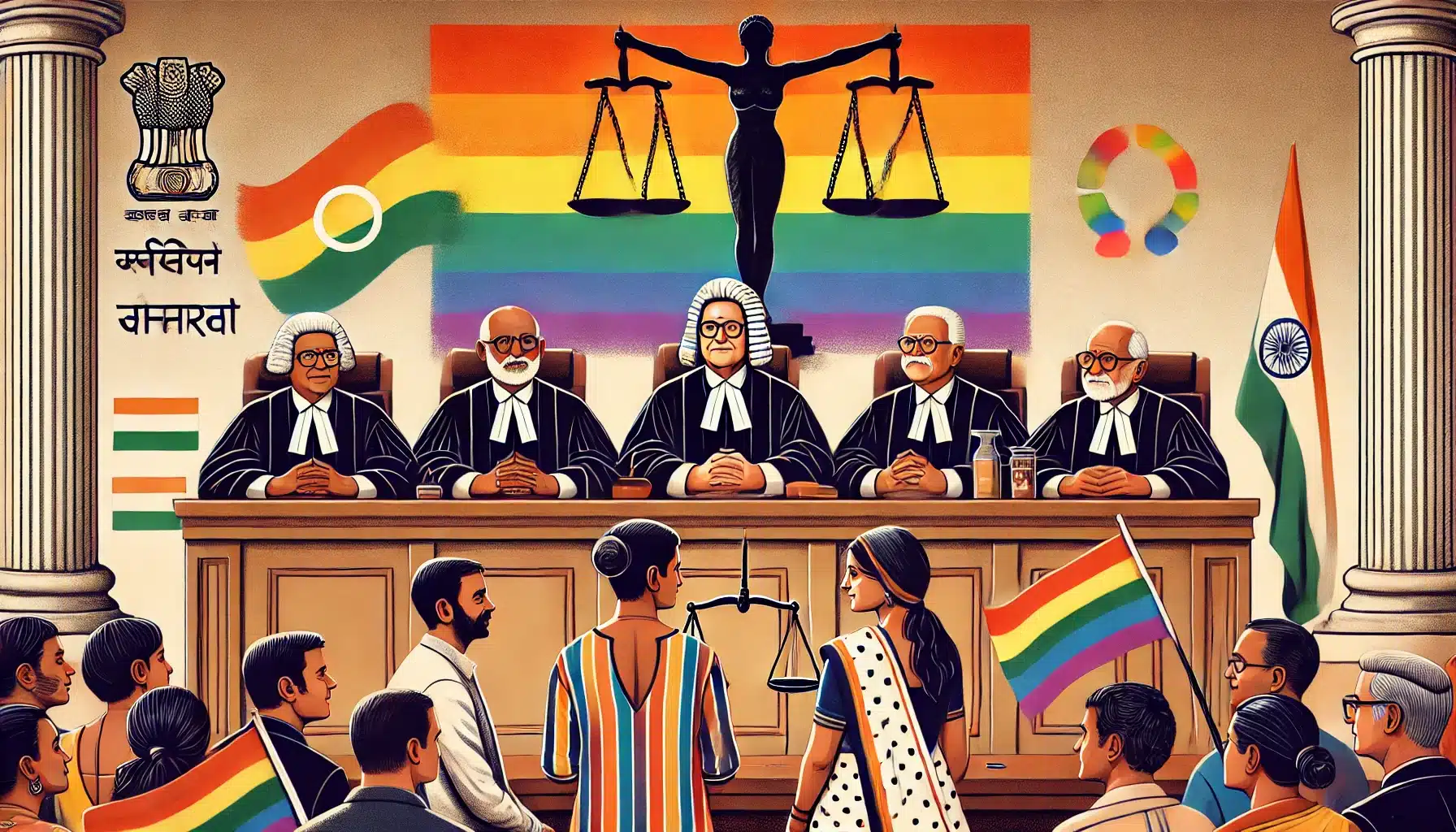
case-study
Case Study: Supriya Chakraborty v. Union of India
In the case of Supriya Chakraborty v. Union of India, the Supreme Court ruled on the constitutional validity of certain provisions of a government ordinance affecting labor rights. The Court held that the ordinance violated fundamental rights guaranteed under Articles 14 (right to equality) and 21 (

case-study
Case Study: Supriya Chakraborty v. Union of India
In the case of Supriya Chakraborty v. Union of India, the Supreme Court ruled on the constitutional validity of certain provisions of a government ordinance affecting labor rights. The Court held that the ordinance violated fundamental rights guaranteed under Articles 14 (right to equality) and 21 (
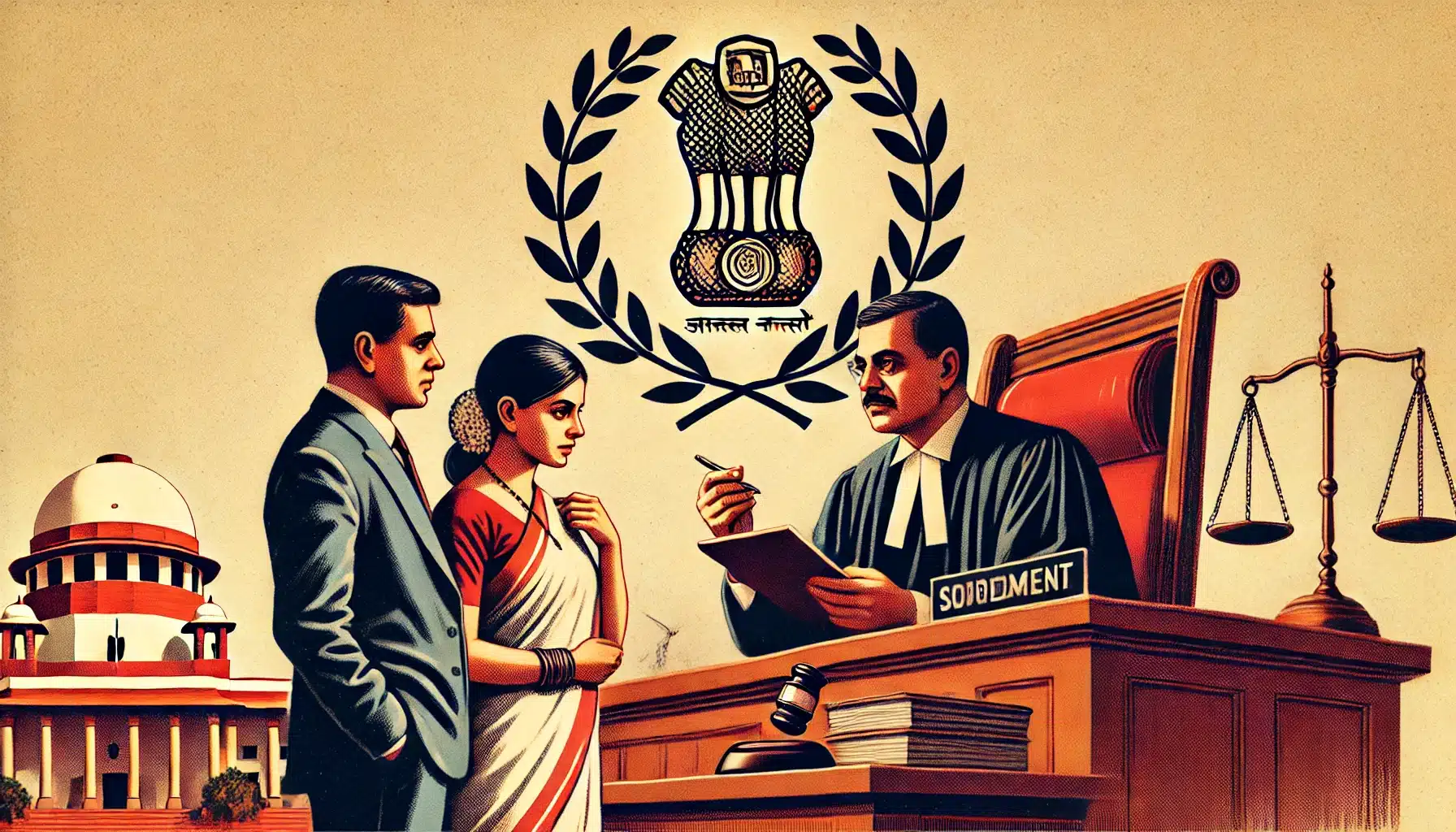
case-study
Case Study: Sharda v. Dharmpal
In Sharda v. Dharmpal (2003), the Supreme Court of India affirmed its authority to order medical examinations in matrimonial cases, balancing individual privacy rights under Article 21 with the need to ascertain truth in disputes. The court held that, although no specific statutory provision grants
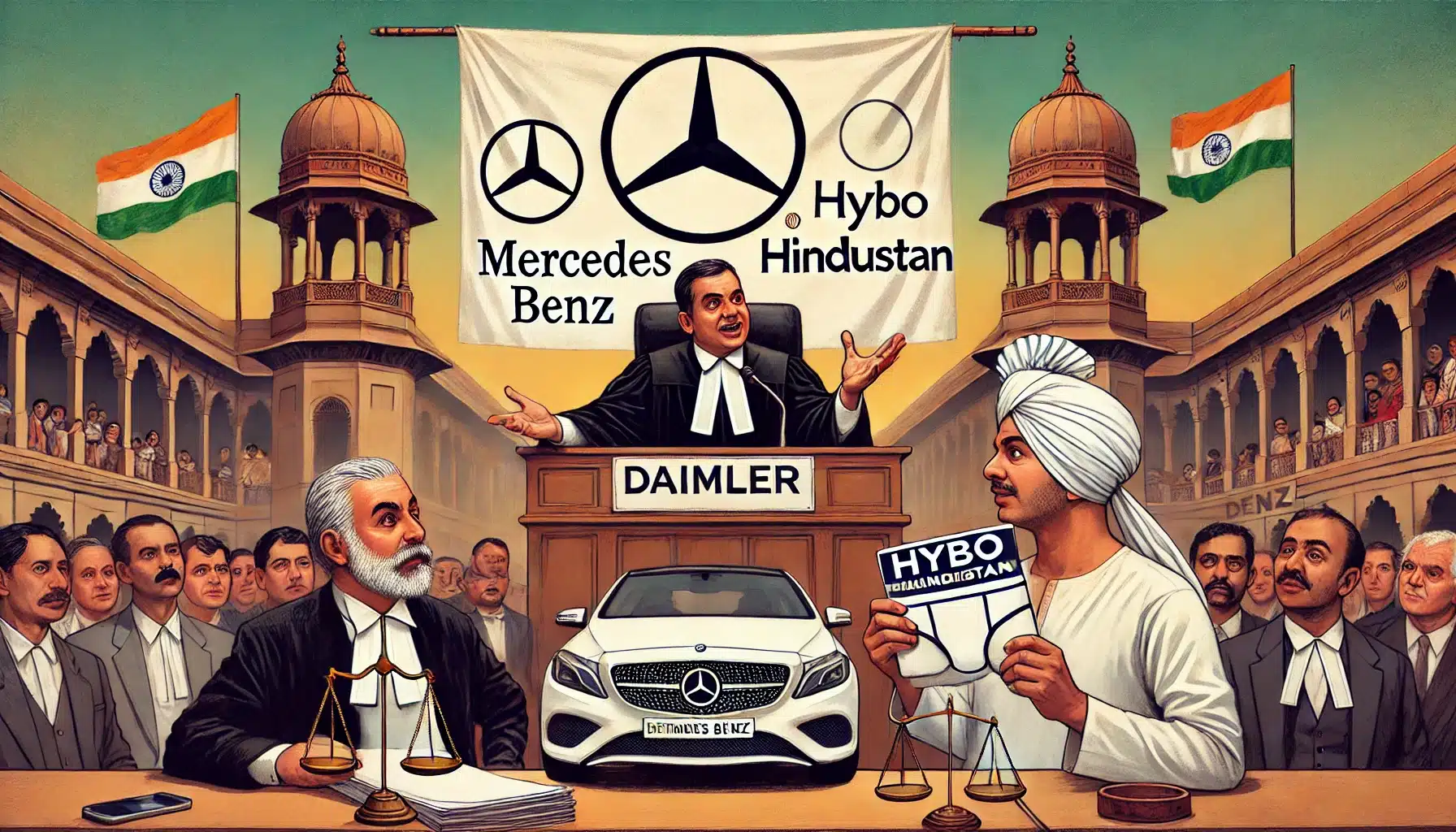
case-study
Case Study: Daimler Benz Aktiegesellschaft v. Hybo Hindustan
In the case of Daimler Benz Aktiegesellschaft v. Hybo Hindustan, the Delhi High Court ruled that Hybo Hindustan’s use of the “BENZ” mark for undergarments infringed on Daimler Benz’s well-known trademark associated with luxury cars. The court emphasized that the “BENZ” mark, renowned globally, shoul
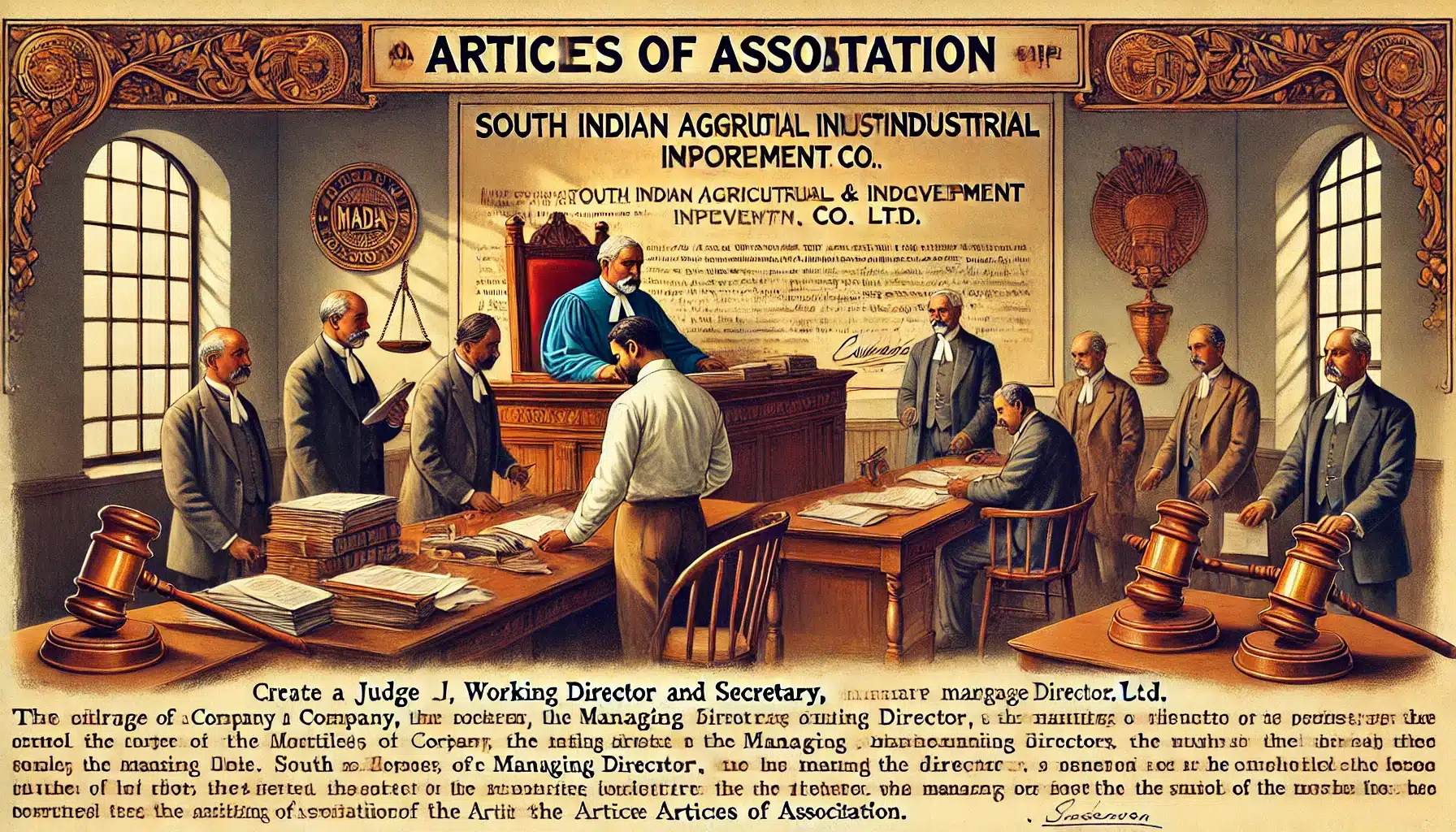
case-study
Case Study: Kotla Venkataswamy v. Chinta Ramamurthy
In The case of Kotla Venkataswamy v. Chinta Ramamurthy, the court emphasized that the Articles of Association must be strictly followed for the execution of documents. The court also invoked the principle of constructive notice, which implies that anyone dealing with a company is presumed to have kn
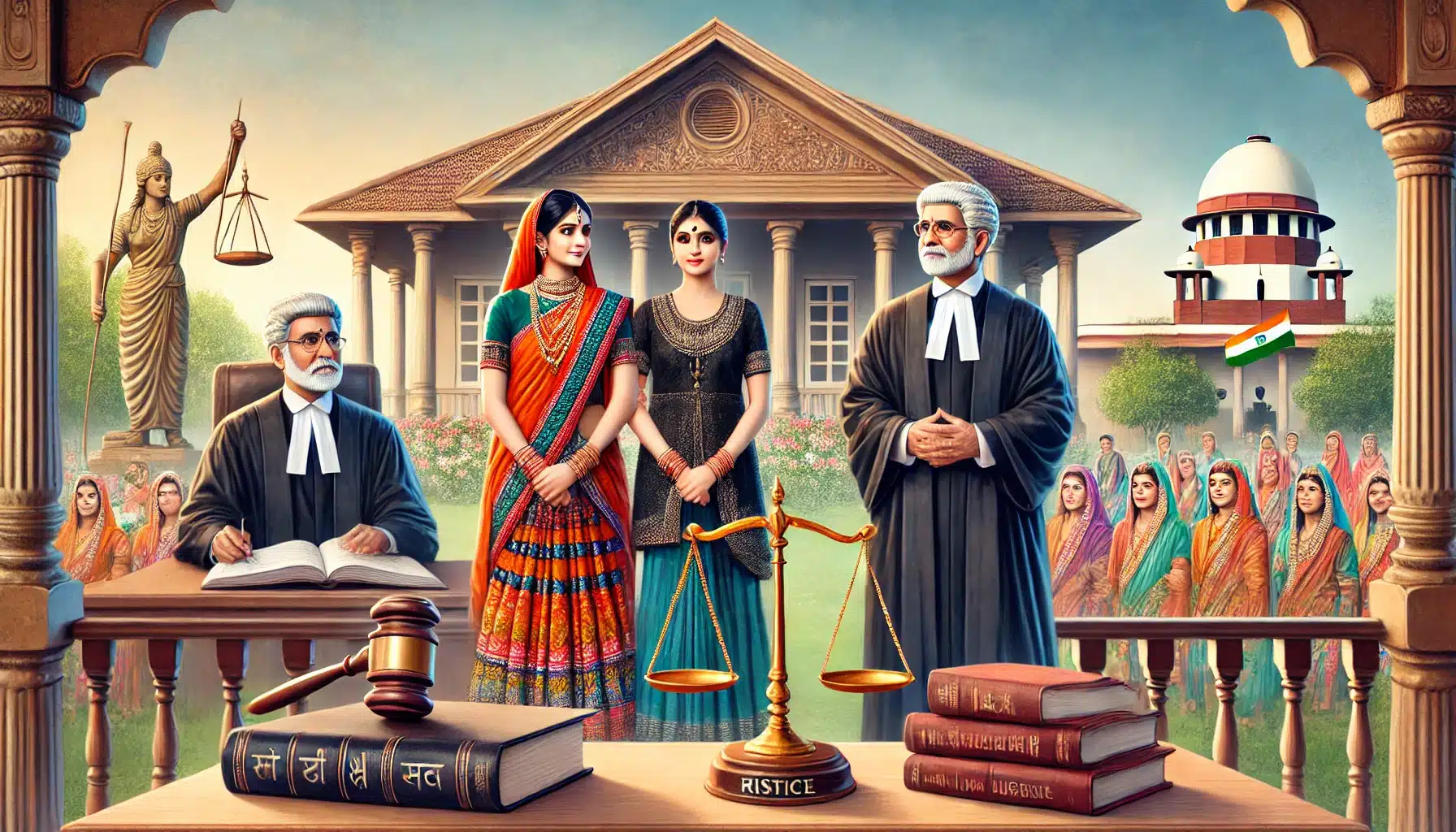
case-study
Case Study: Danamma @ Suman Surpur & Anr. v. Amar & Ors.
In the case of Damanna v. Amar, The court established that the daughters are coparceners by birth with equal coparcenary rights as sons. The court gave retroactive application of coparcenary rights, meaning that the daughters born before the 2005 amendment are also entitled to coparcenary rights and
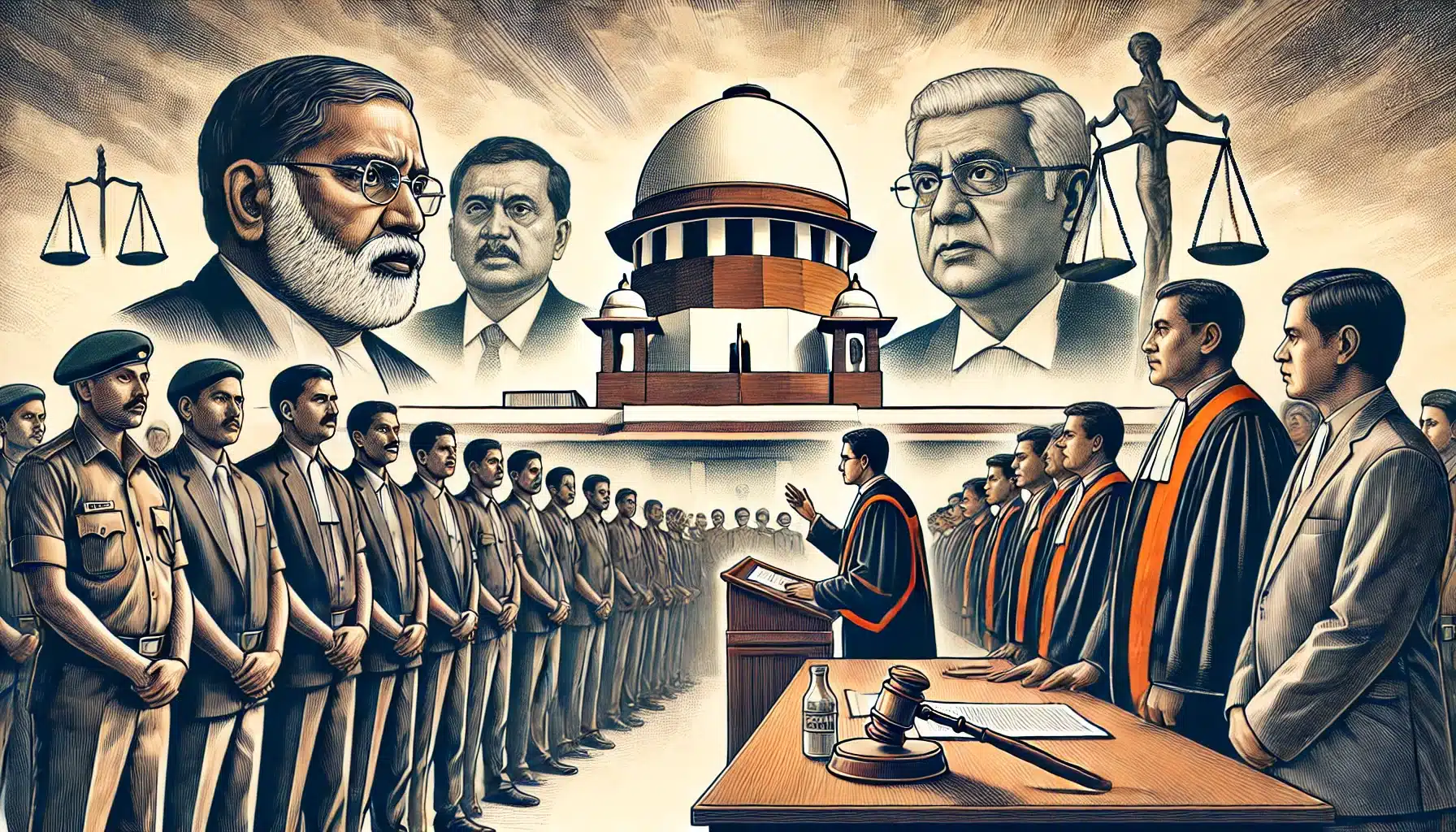
case-study
Case Comment: The Associated Rubber Industry Ltd. v. Workmen
In **The Associated Rubber Industry Ltd. v. Workmen**, the Supreme Court of India dealt with the principle of lifting the corporate veil. The court found that the corporate entity was used as a facade to evade legal obligations, particularly regarding employee compensation. This decision emphasized
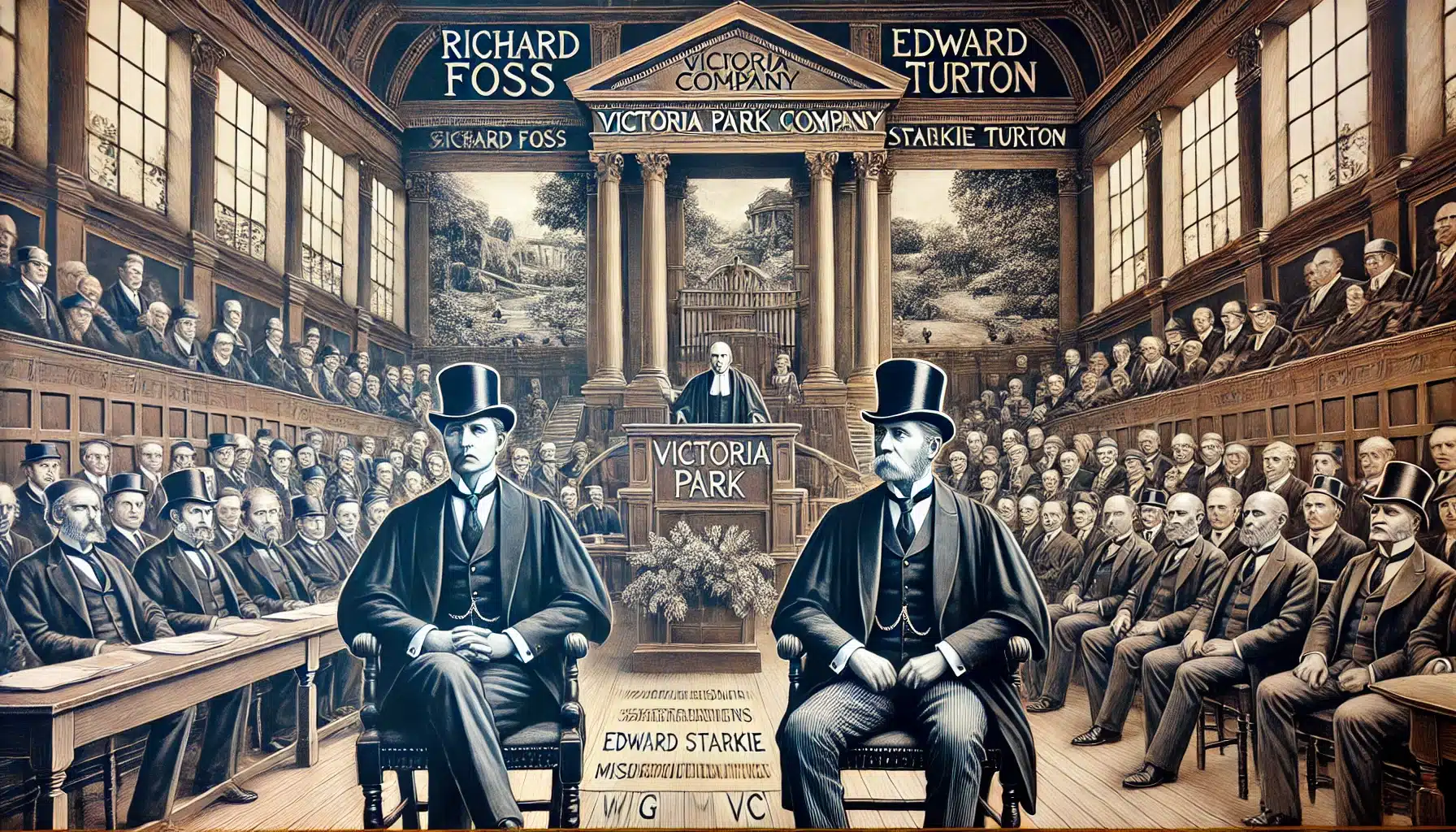
case-study
Case study: Foss vs Harbottle
**Foss v. Harbottle** (1843) is a foundational case in corporate law establishing the “proper plaintiff” rule. It determined that only the company itself, rather than individual shareholders, can sue for wrongs done to the company. This case reinforced the principle of majority rule, meaning that if
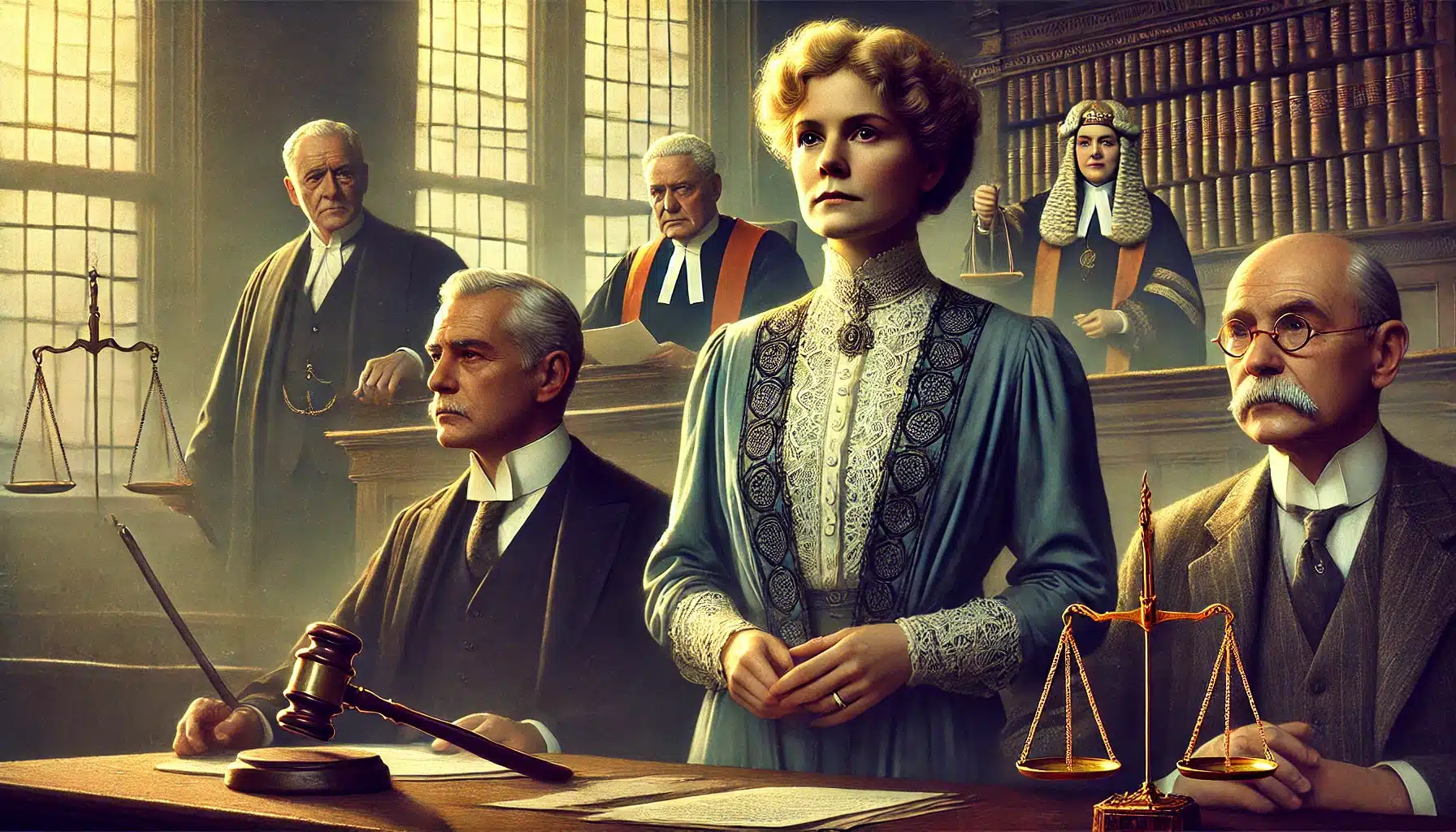
case-study
Case Study: Balfour v. Balfour
The court held that agreements between spouses are generally not legally binding contracts because they lack the intention to create legal relations, as such promises are considered domestic arrangements.
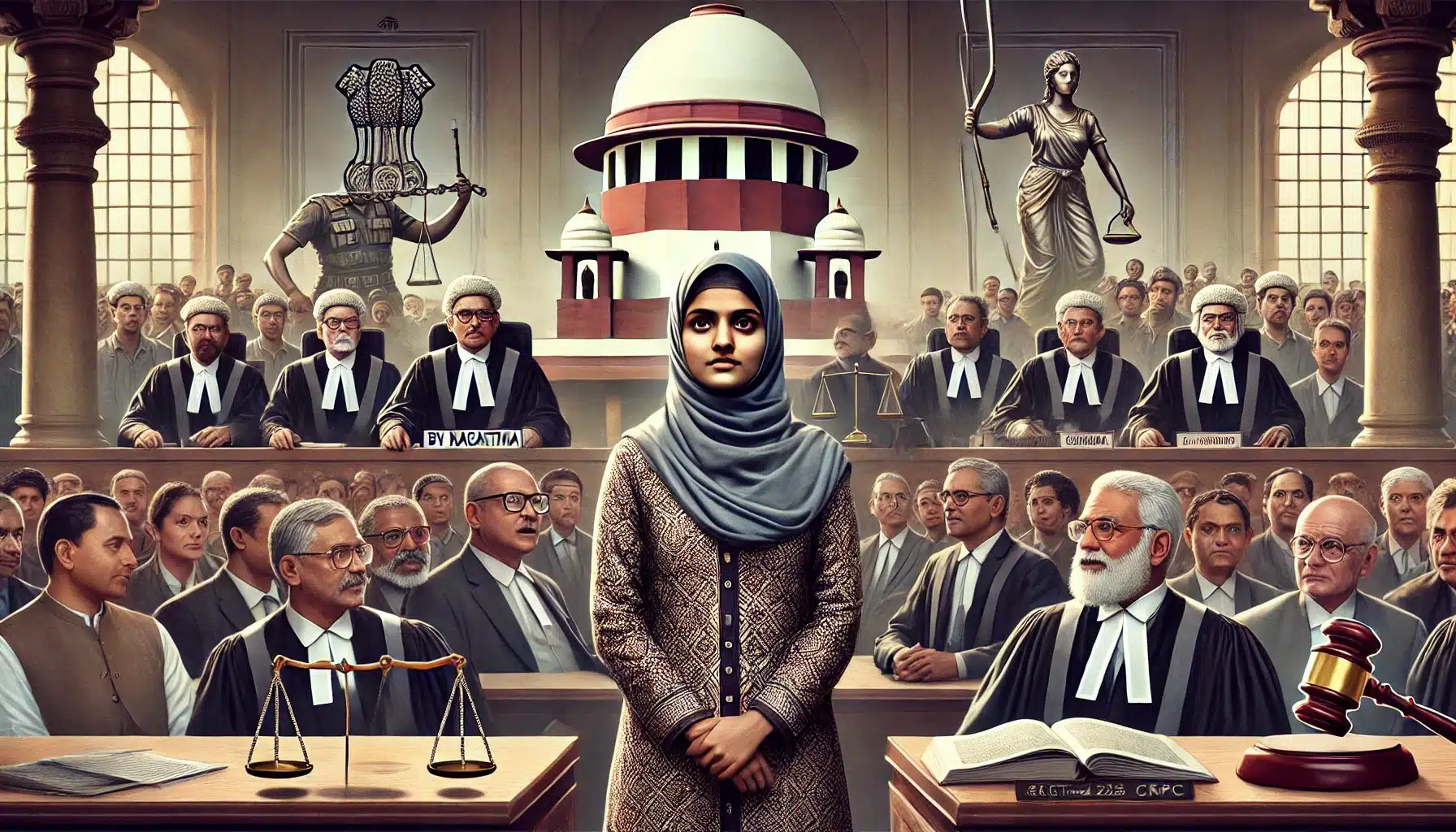
case-study
Case Comment: Mohd Abdul Samad v. The State of Telangana & Anr
In the case of Mohd Abdul Samad v. The State of Telangana & Anr in was held that A divorced Muslim Woman can Seek Maintenance from Husband under S.125 CrPC in addition to remedy under 1986 Act.
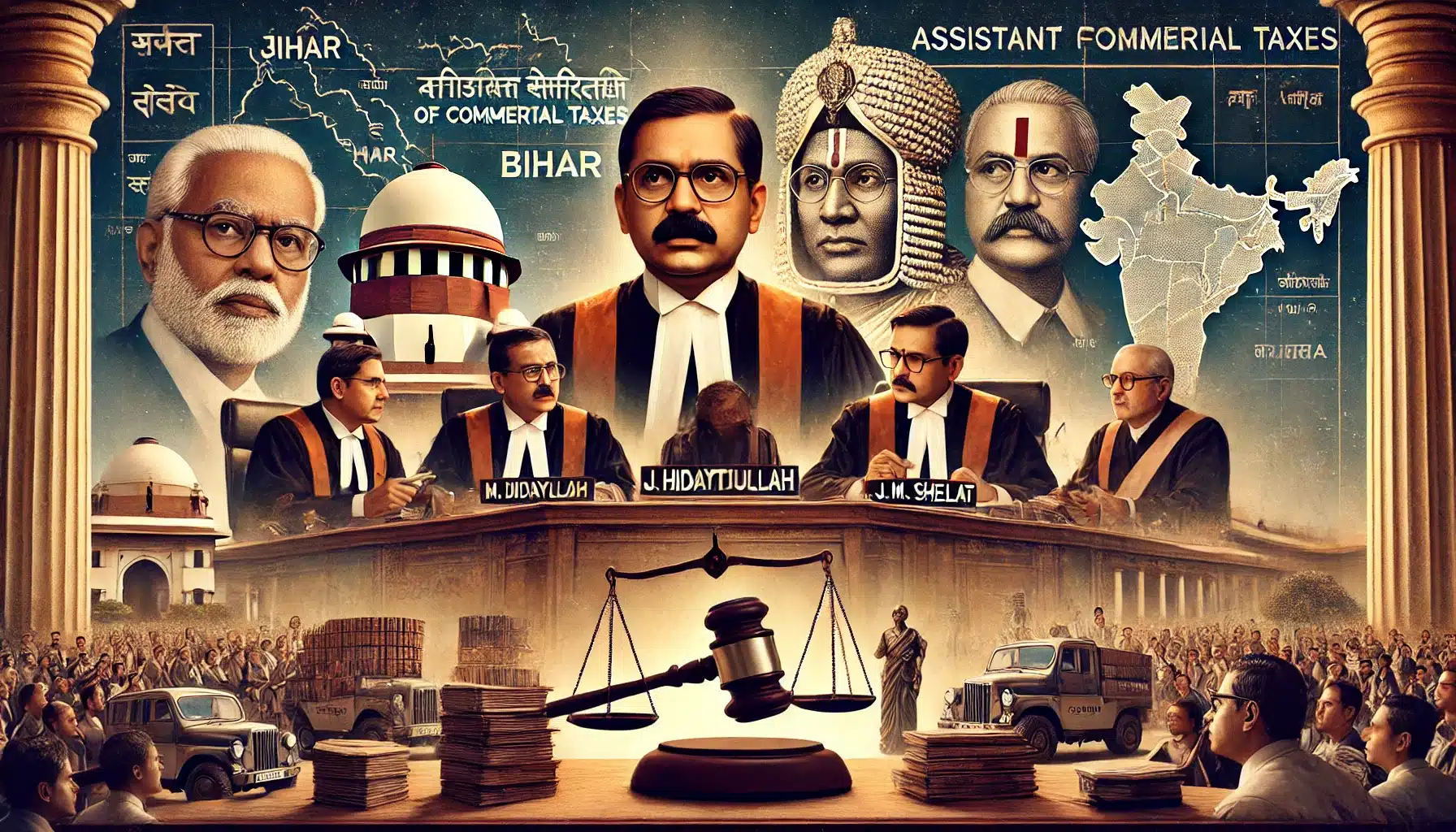
case-study
Case Study: TATA Engineering and Locomotive Company Ltd. (TELCO) v. Assistant Commissioner of commercial taxes and anr. (State of Bihar)
In the case of TATA Engineering and Locomotive Company Ltd. (TELCO) v. Assistant Commissioner of Commercial Taxes and Another (State of Bihar), TELCO challenged the assessment and demand of sales tax by the Assistant Commissioner. The Supreme Court of India ruled in favor of TELCO, holding that the

case-study
Case Study: S. Khushboo v. Kanniammal and Anr.
In S. Khushboo v. Kanniammal and Anr., the Supreme Court of India, upheld the freedom of speech and expression by dismissing multiple criminal defamation suits against actress Khushboo for her remarks on pre-marital sex. The court emphasized that expressing opinions on societal issues is protected u

case-study
Case Study: Aveek Sarkar & Anr. v. State of West Bengal & Ors.
In the case of Aveek Sarkar & Anr. v. State of West Bengal & Ors., the Supreme Court of India held that a photograph published in a magazine, showing a woman and a man partially nude, did not amount to obscenity under Section 292 of the Indian Penal Code. The Court emphasized that obscenity must be
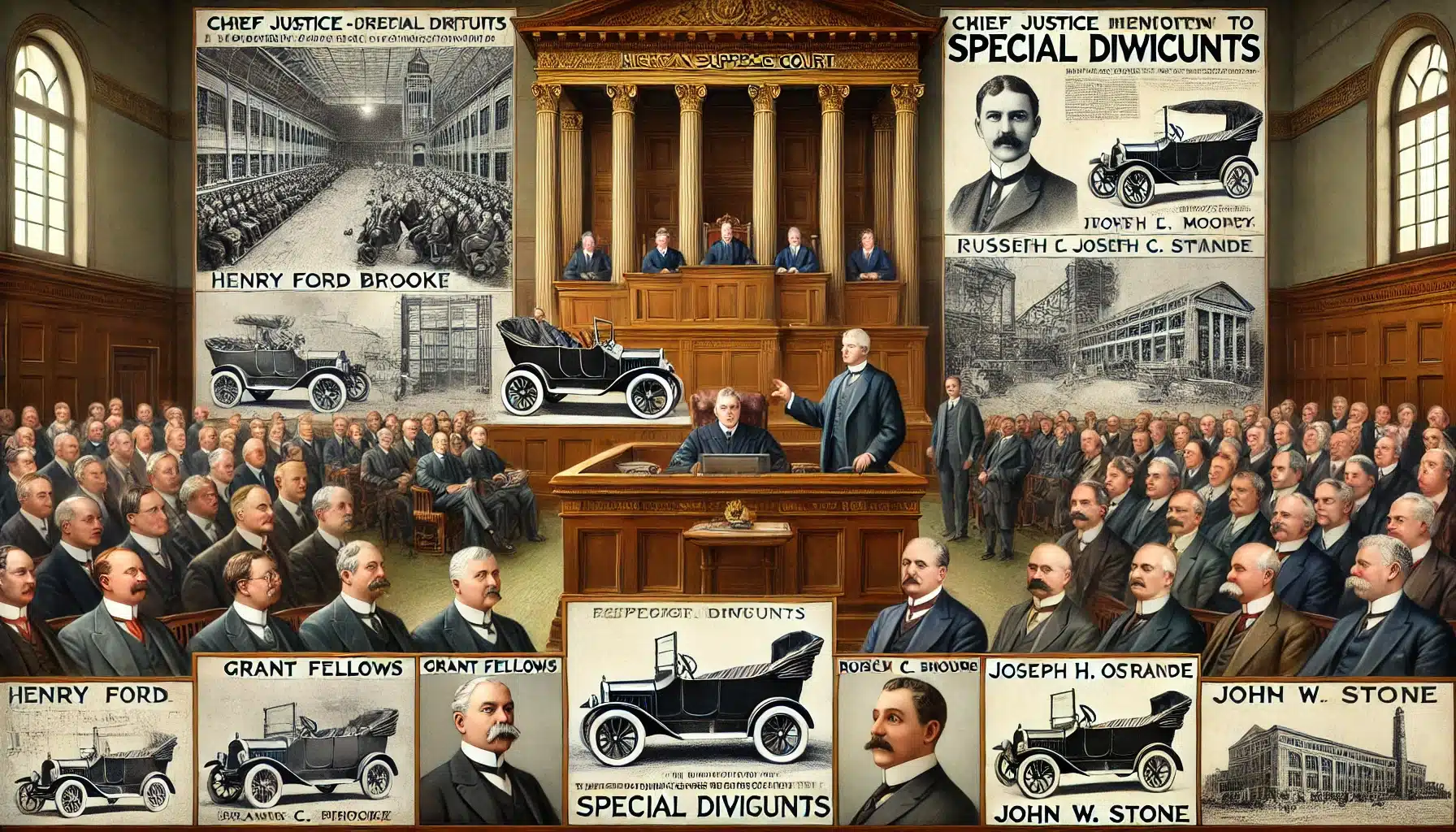
case-study
Case Study: Dodge v. Ford Motor Co
This case cleared that if shareholders have rights to dividends from corporate profits then directors also have broad discretion to use those profits for lawful business expansion efforts deemed beneficial for the company’s future.
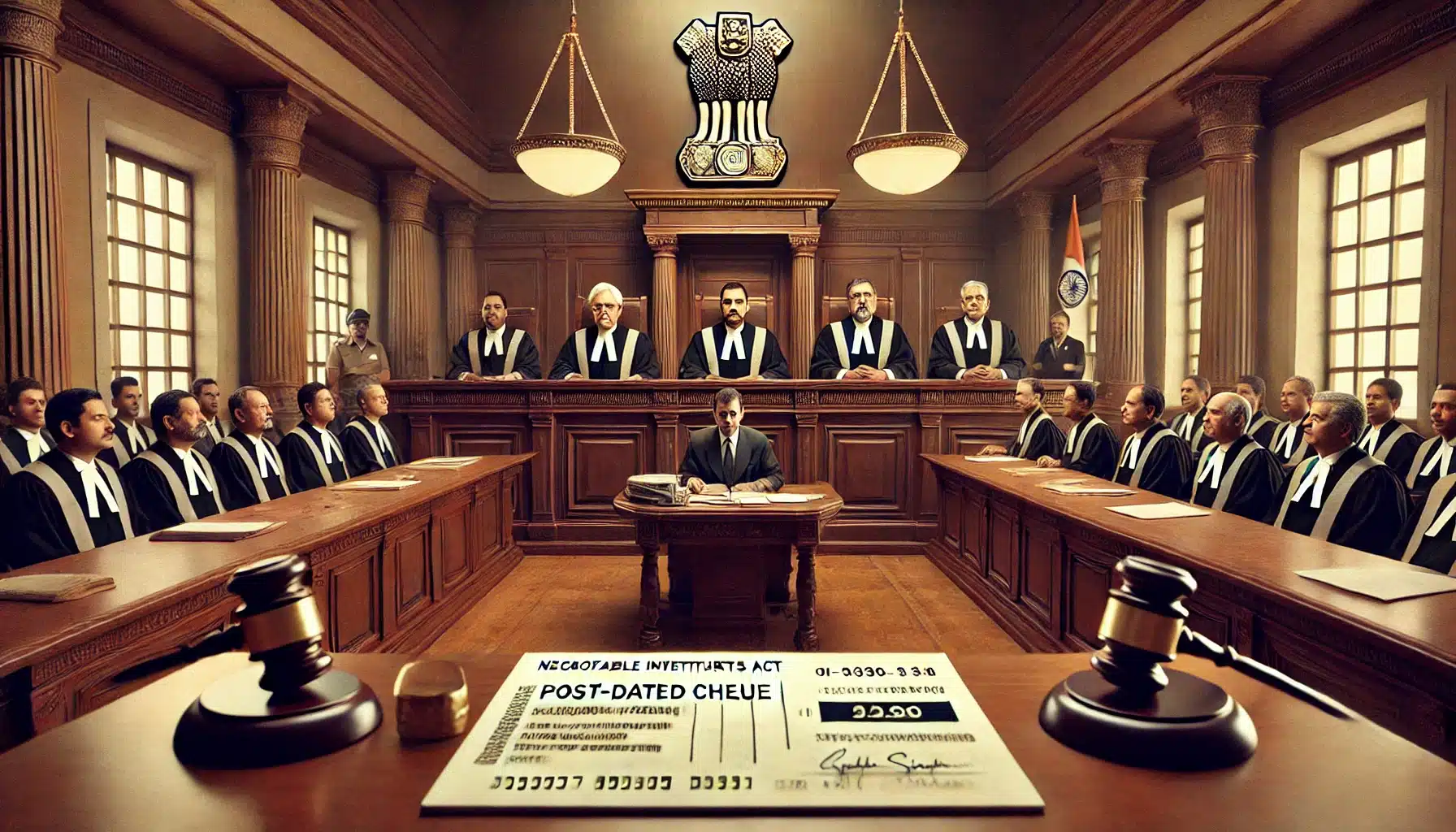
case-study
Case Study: Anil Kumar Sawhney v. Gulshan Rai
In the case of Anil Kumar Sawhney v. Gulshan Rai, Supreme Court held that a ‘cheque’ under Section 5 of the Act is also a bill of exchange but it is drawn on a banker and is payable on demand. Thus bill of exchange even though drawn on a banker, if it is not payable on demand, it is not a cheque.

case-study
Case Study: Subhra Mukherjee & Anr. v. Bharat Coking Coal Ltd. & Ors.
This case deals with the bogus and malafide transfer of corporate property in the name of wives of directors to avoid the vesting of the property in Central Government under Section 3(1) of the Coal Mines (Nationalisation) Act, 1973
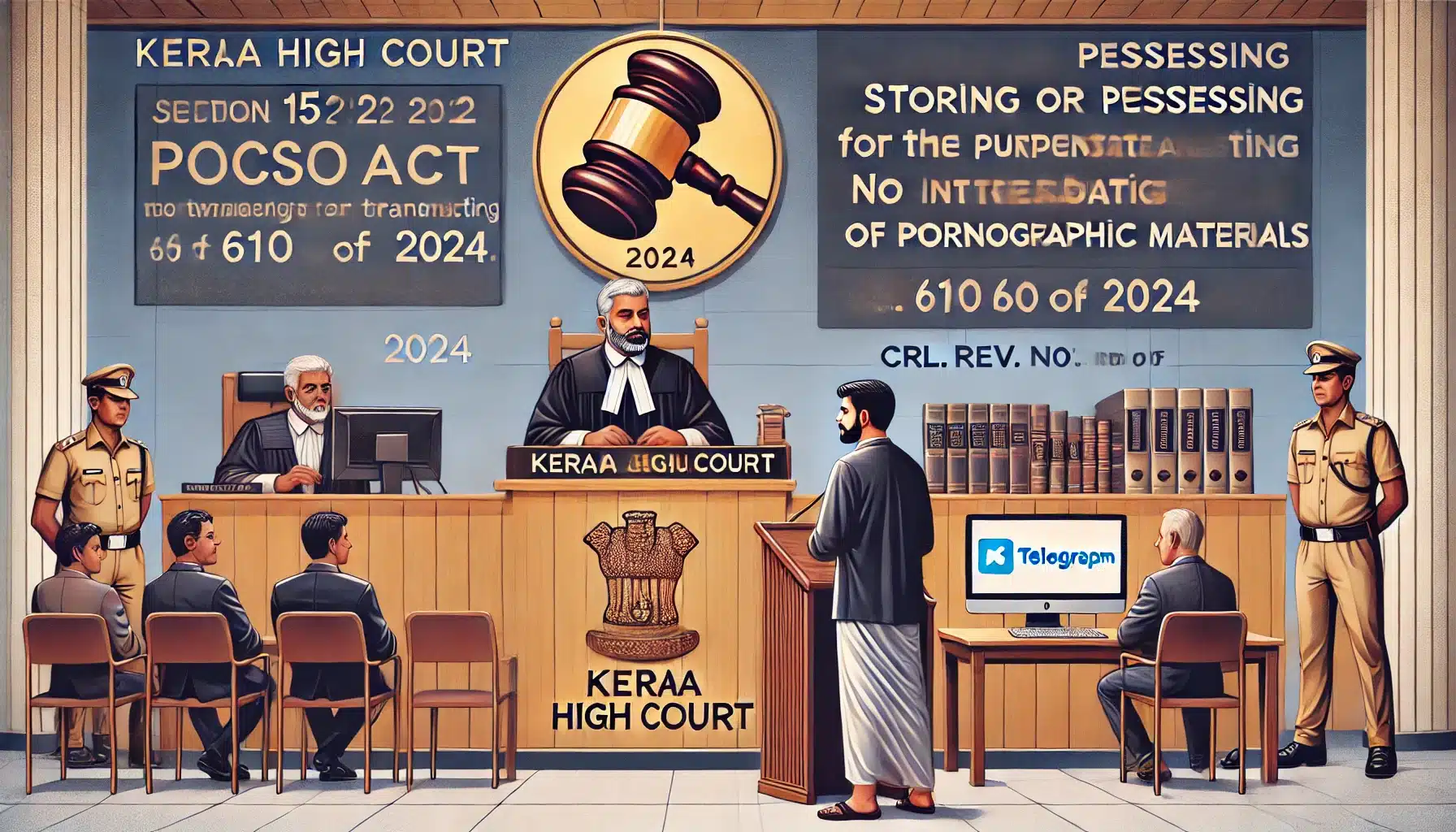
case-study
Case Study: Sebin Thomas v. State of Kerala
In this case, the Kerala High Court overturned a conviction under Section 15(2) of the POCSO Act, 2012, and Section 67(B)(b) of the IT Act, 2000. The court found no evidence that the accused intentionally downloaded or distributed child pornographic material, leading to his discharge.
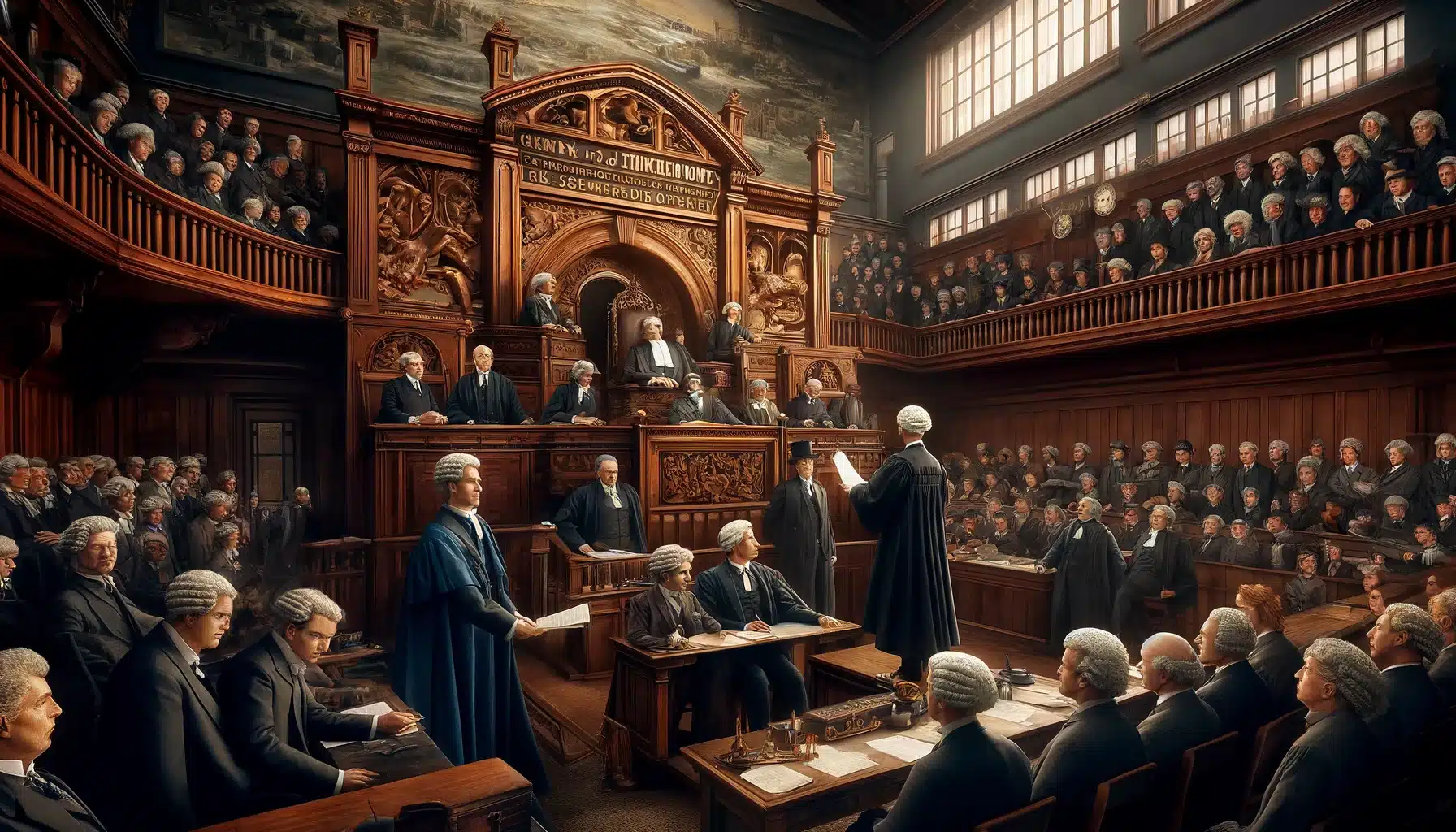
case-study
Case Study: Royal British Bank v. Turquand
This case focus around the power of directors in a joint stock company and introduced the concept of indoor management
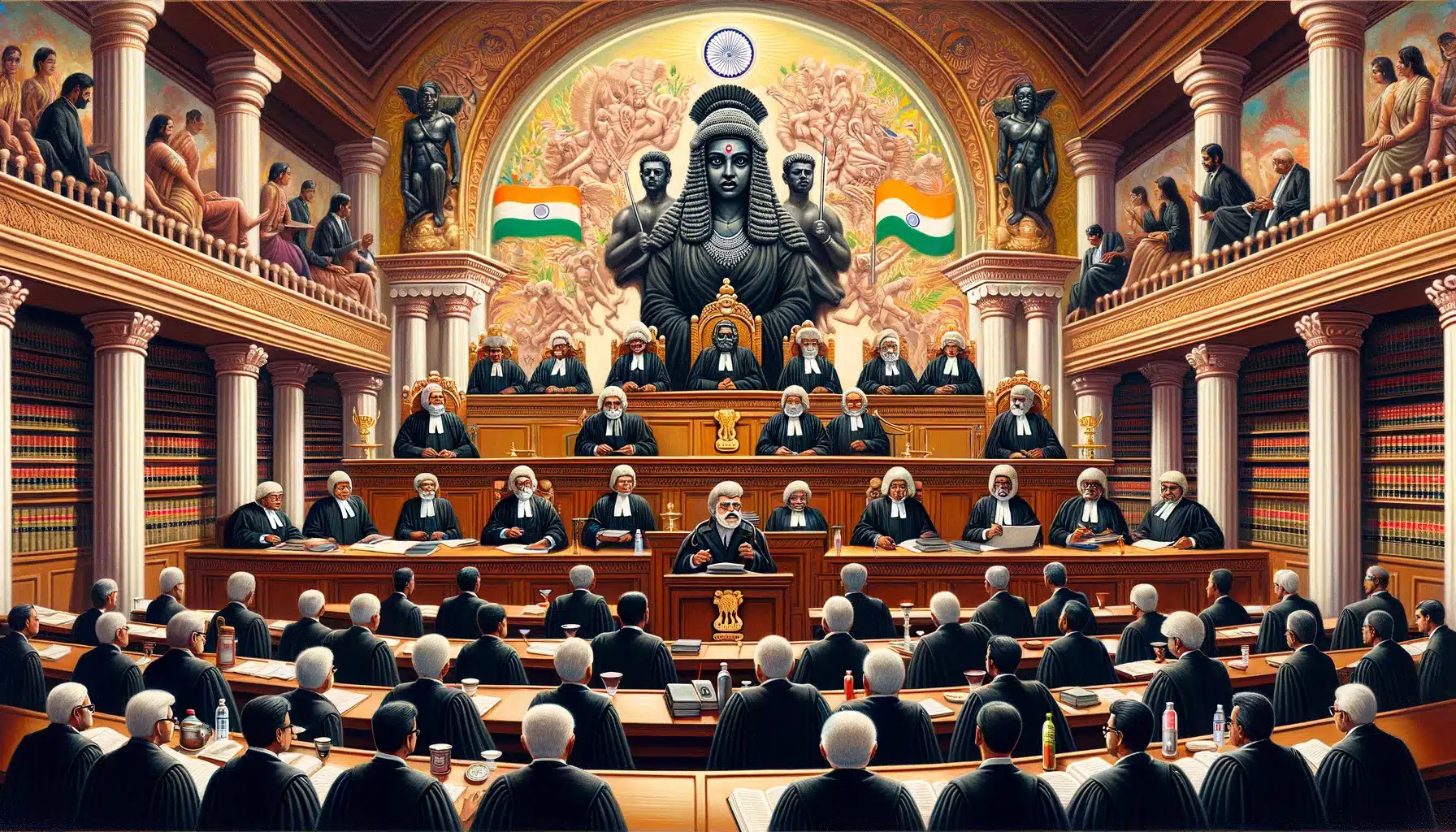
case-study
Case study: CIT v. Meenakshi Mills Ltd.
This case deals with section 42(1) of the Income Tax Act, 1922 (IT Act) and the Court is entitled to lift the corporate entity if the entity is used for tax evasion or to circumvent tax obligation.
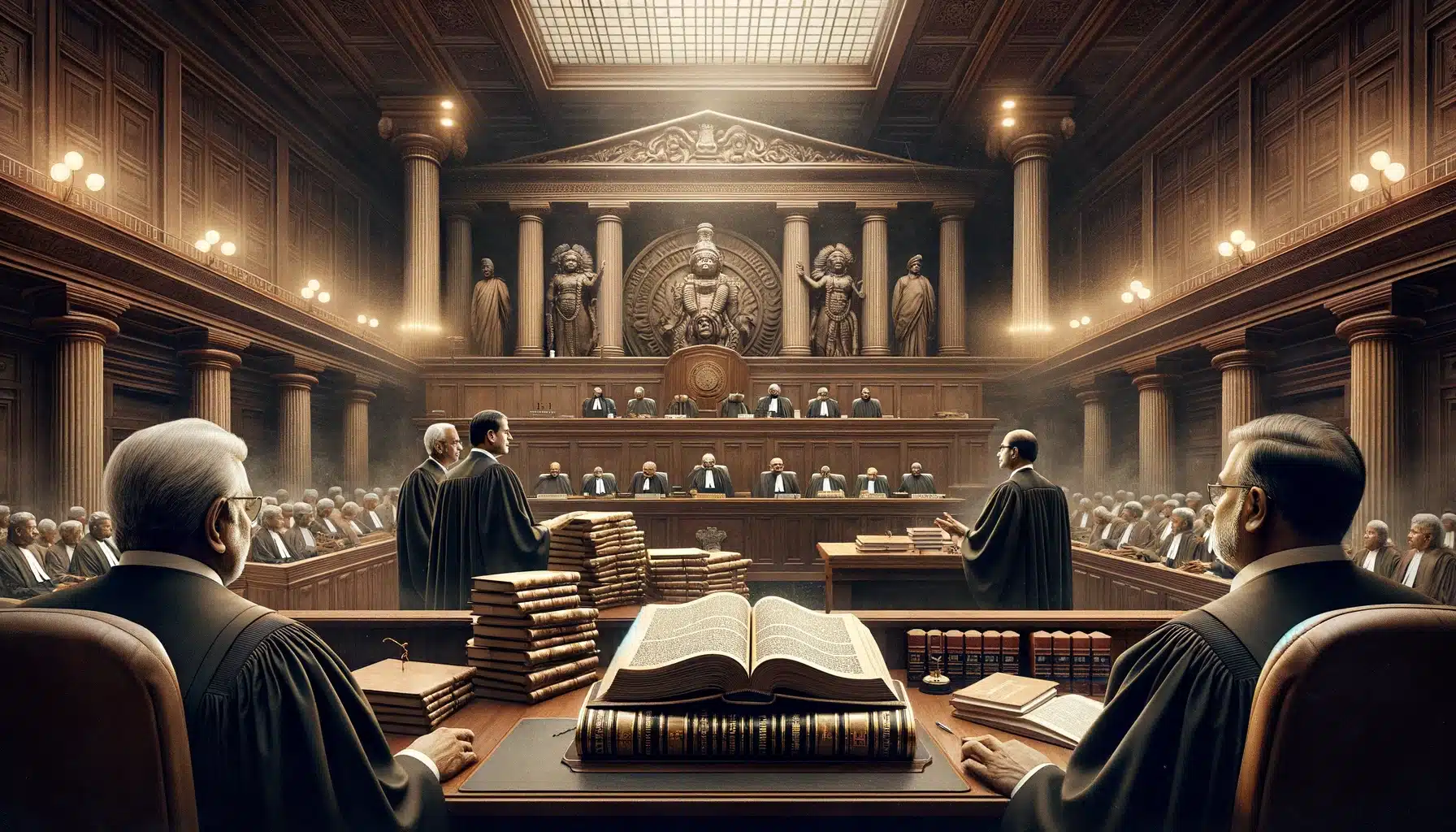
case-study
Case Study: Kapila Hingorani v. State of Bihar
In 1990s, there were many reports of starvation death and suicide in Bihar because of non payment of salaries by certain government companies to their workmen and other employers. So, a writ petition was filed based upon which court held that the employees have a human right as also a fundamental r
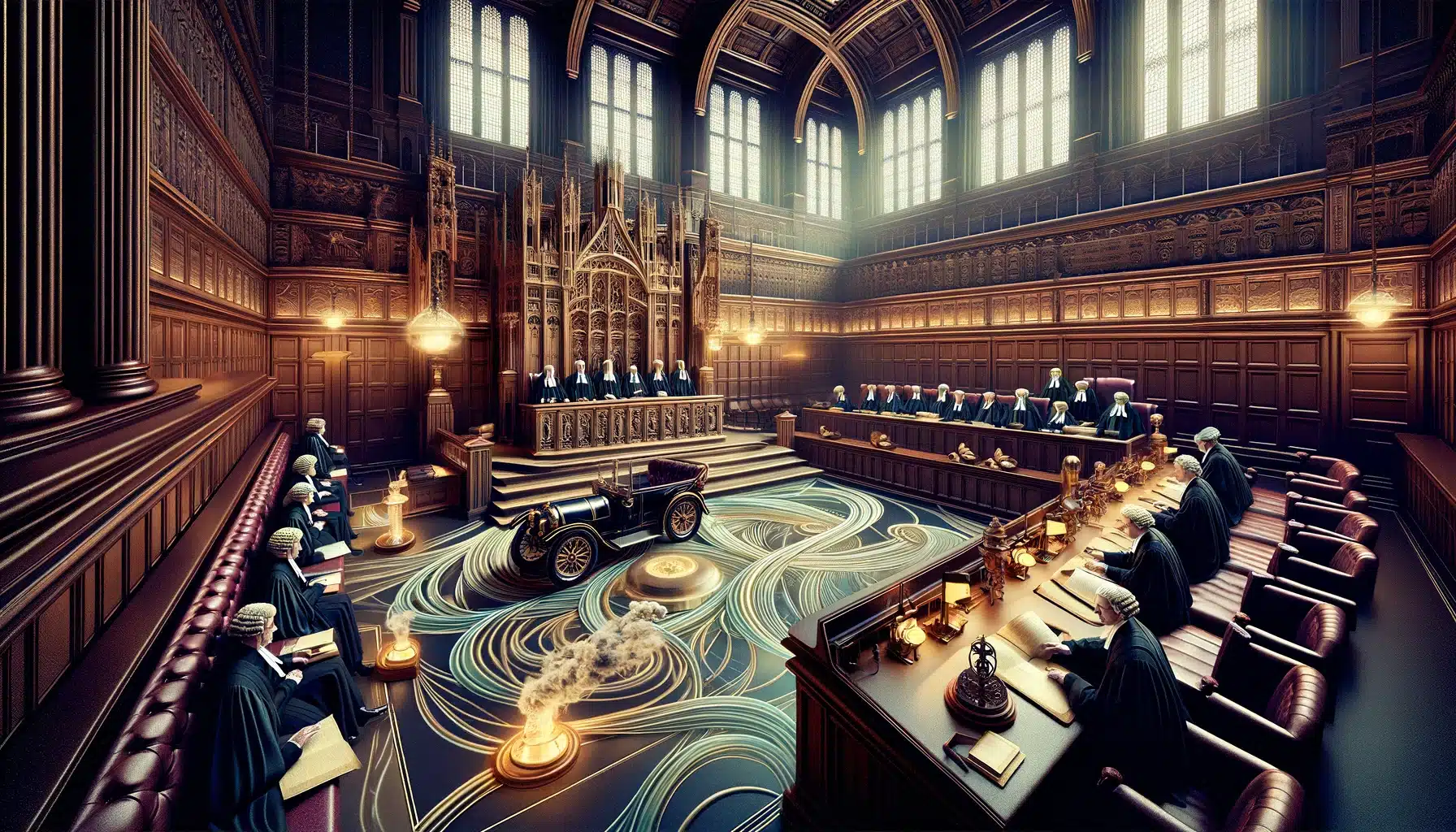
case-study
Case Study: Daimler Company Ltd. v. Continental Tyre and Rubber Co. (Great Britain) Ltd.
In this case court ruled that in times of war, the court may raise a business’s corporate veil and consider the nationality of its members and directors to assess if a company is an enemy. If the people in de facto (in fact) charge of the company’s affairs live in an enemy country, the corporation m
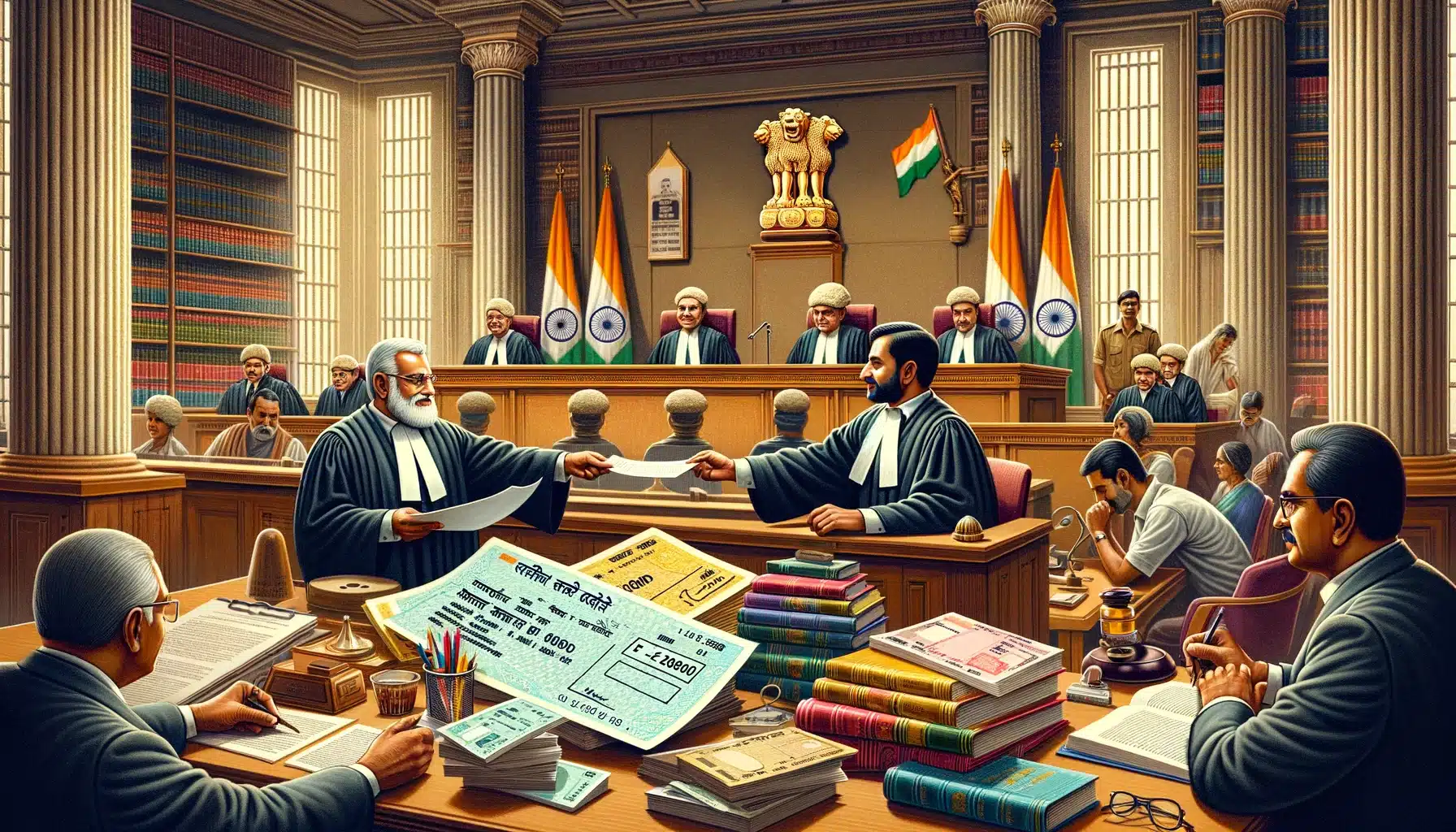
case-study
Case Study: Bar of Indian Lawyers through its President Jasbir Singh Malik v. D. K. Gandhi PS National Institute of Communicable diseases and Anr.
Advocates cannot be held liable under the Consumer Protection Act for deficiency in service.

case-study
Case Study: Salomon v. A. Salomon and Co. Ltd.
Discover the transformative legal saga of Salomon v. Salomon in our detailed analysis. Uncover how this landmark case reshaped corporate law by affirming the principle of corporate personhood and limited liability, forever altering how companies and shareholders are viewed within the legal framework
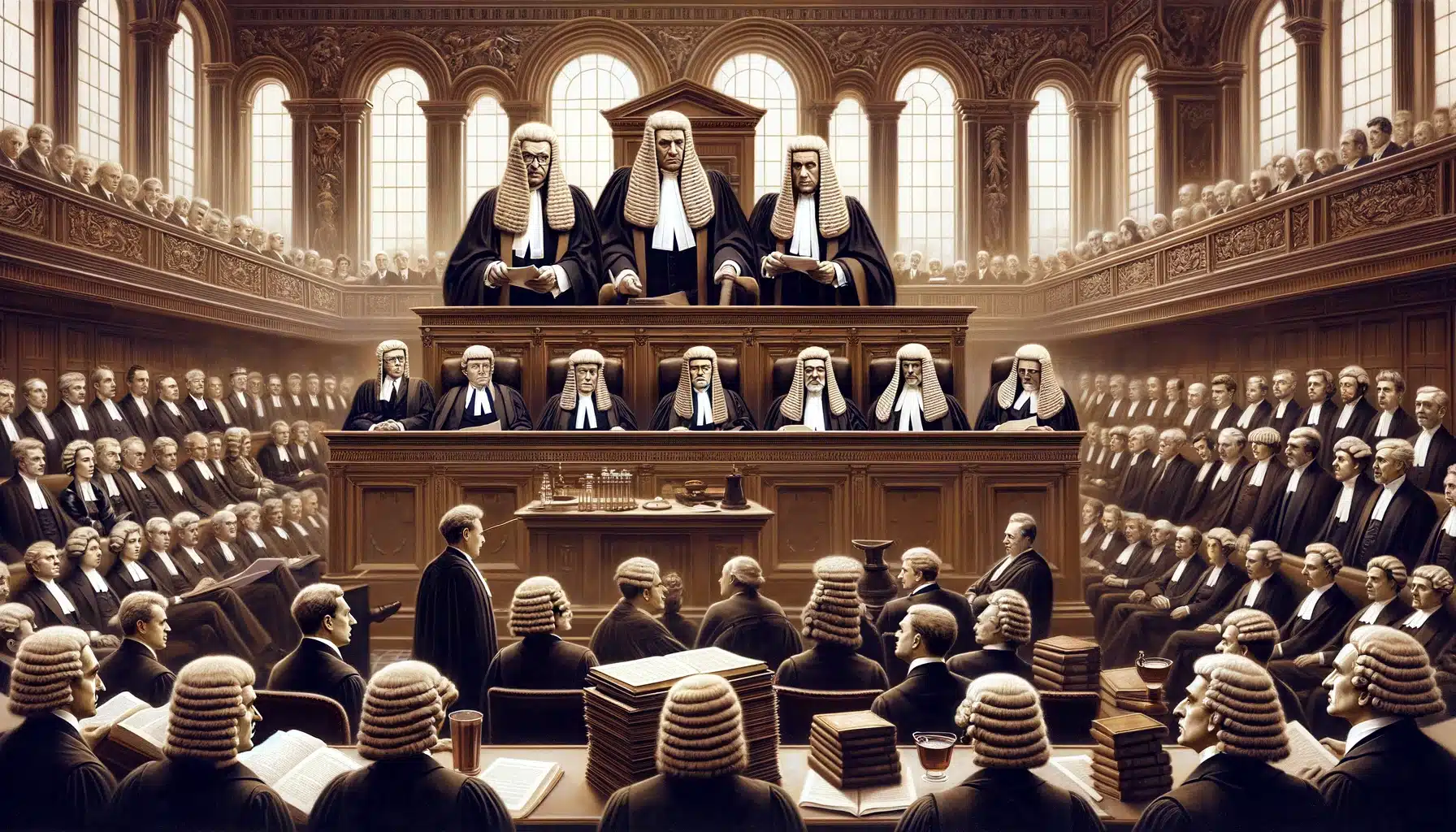
case-study
Case Study: Oakbank Oil Company v. Crum
Memorandum and Articles of a company are presumed to be notice to the public.
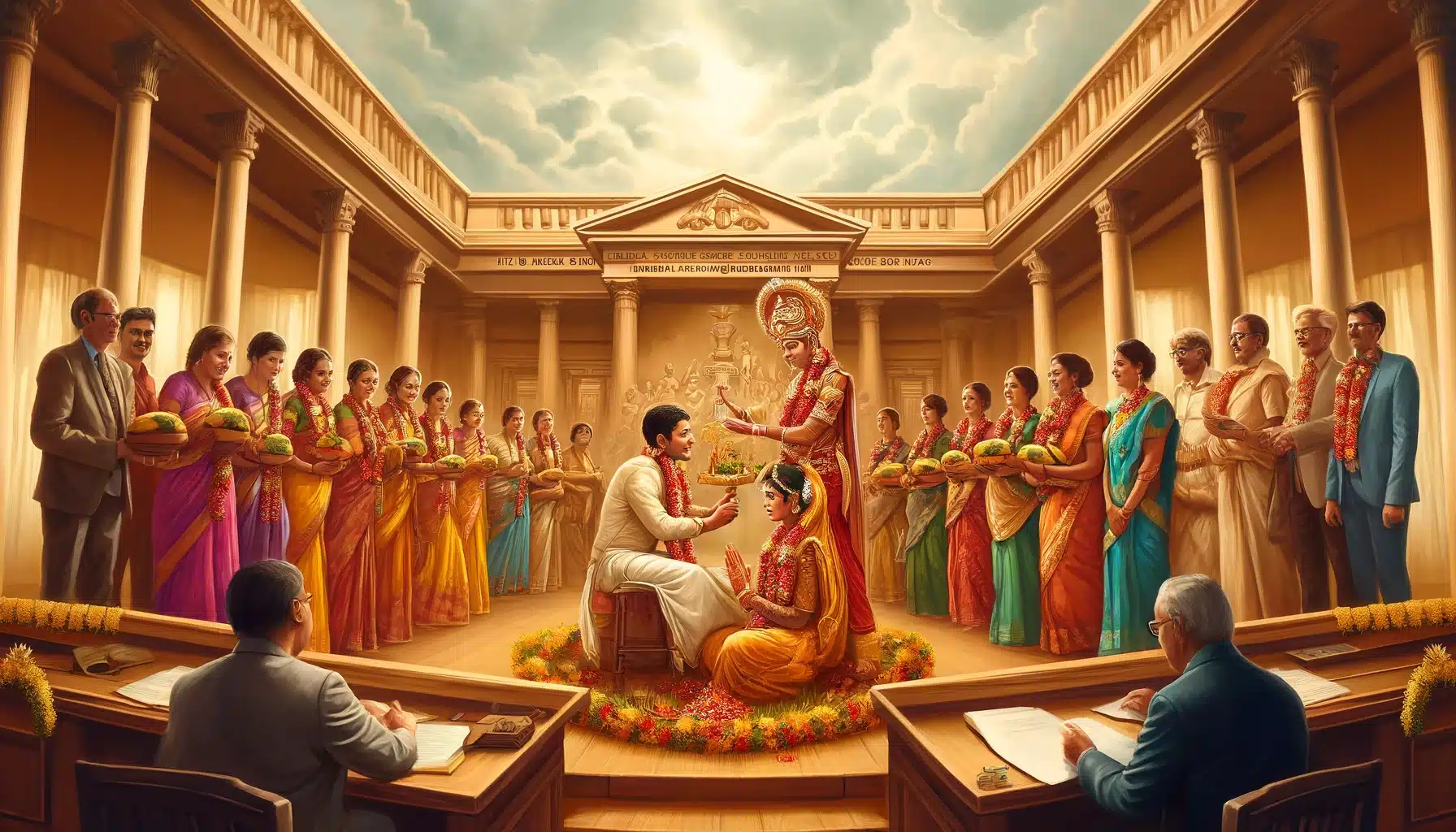
case-study
Case Study: S. Nagalingam v. Sivagami
Absence of “Saptapadi” did not invalidate the marriage.
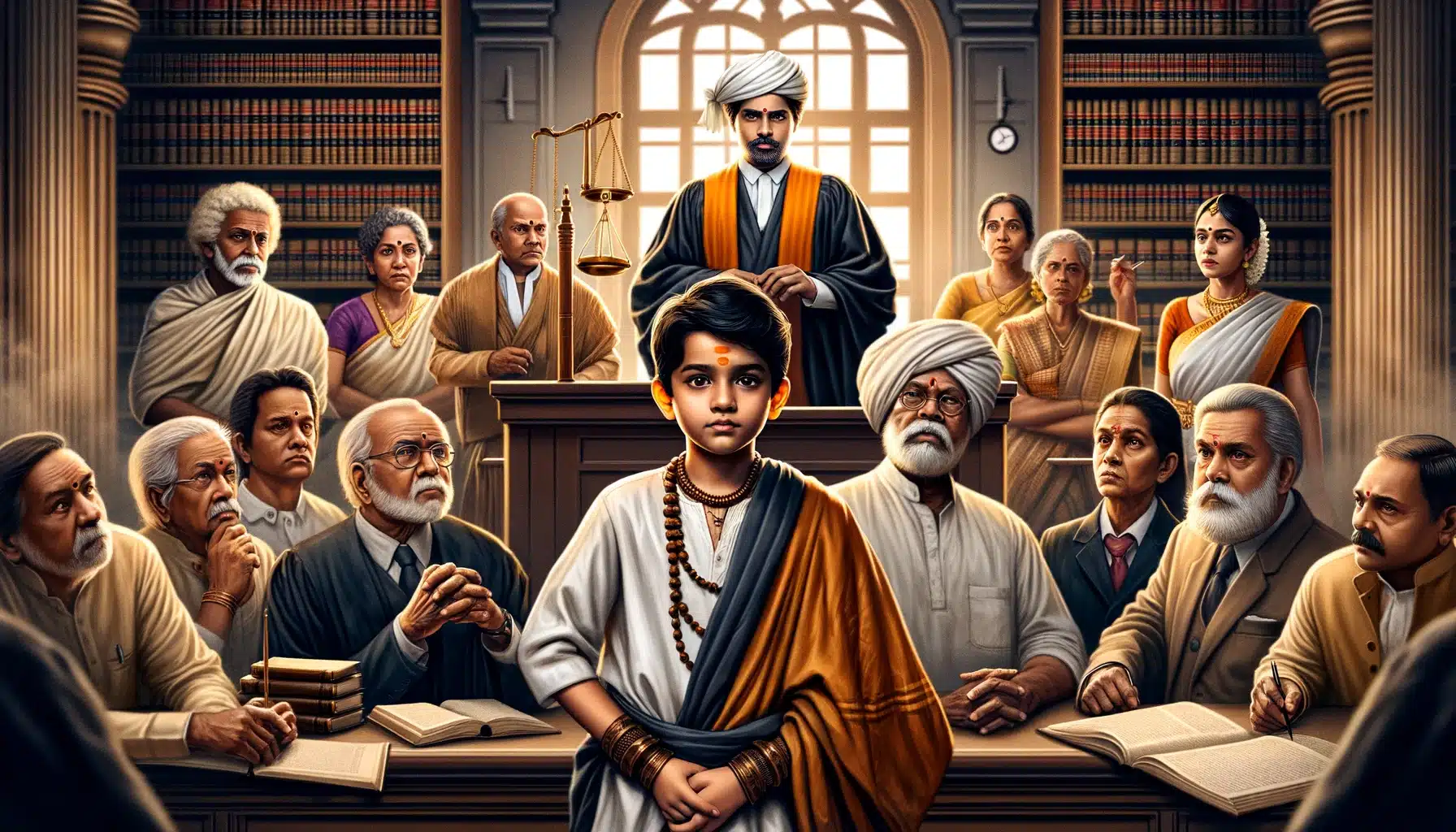
case-study
Case Study: Kakumanu Peda Subbayya and Another v. Kakumanu Akkamma and Another
Citation: AIR 1958 SC 1042 Date of Judgement: 04th September, 1958

